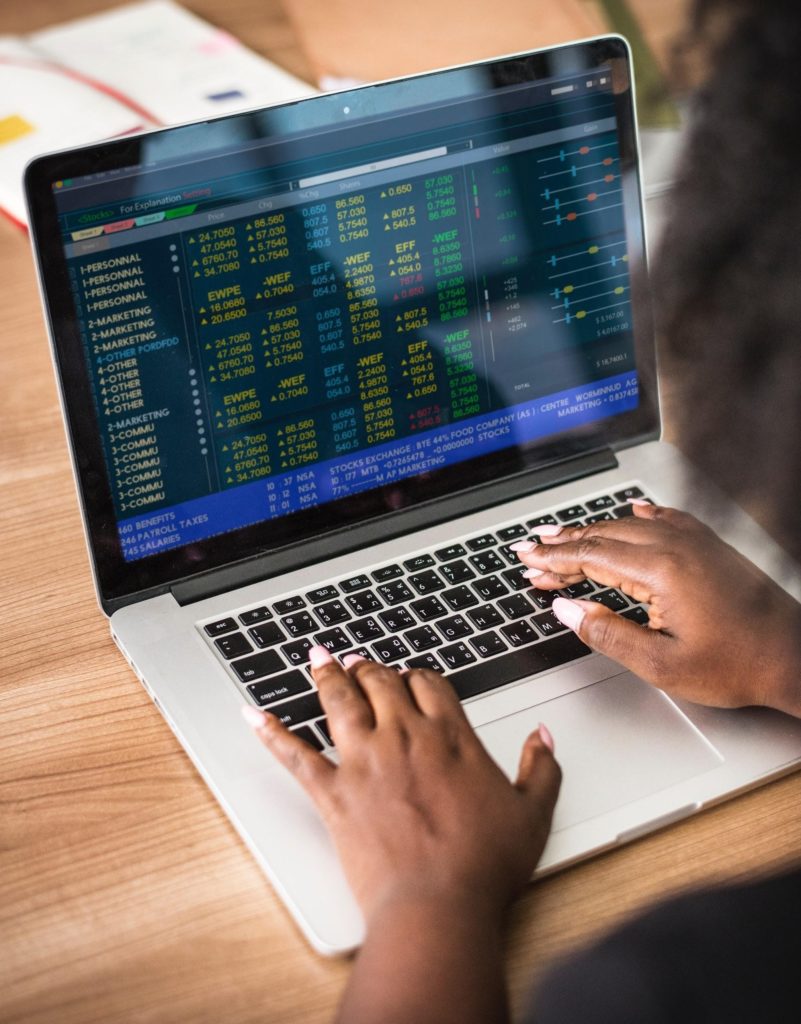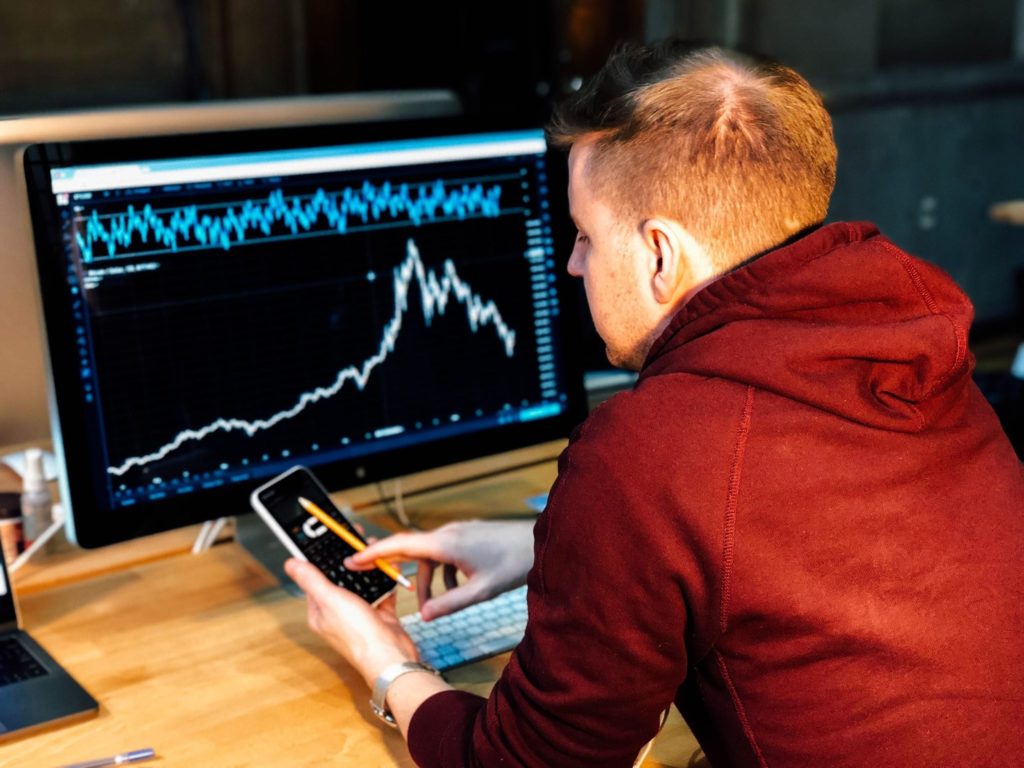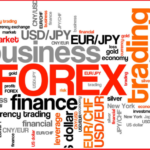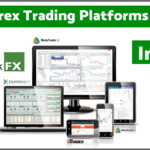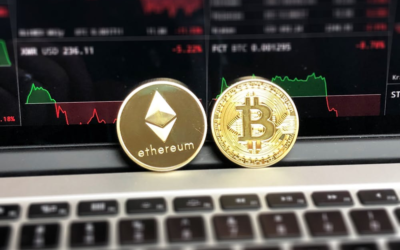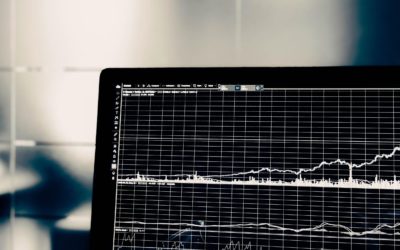What is Forex | Currency Trading & the Forex Market
What Is Forex Trading?
Forex is considered the world’s largest financial market, as well as the most liquid. These aspects can be attributed to the constant need to exchange currencies in order to conduct business across borders. The forex market is, in fact, much larger than even the stock market and other high volume markets.
What Is the Foreign Exchange Market?
The foreign exchange market is essentially a virtual financial trading ground where the exchange of currencies takes place. Important to note that it is one of the various financial markets people use for trading. This isn’t actually a physical location, as trades are typically carried out via electronic means. The transactions themselves are conducted over computer networks that link traders, instead of in a single centralized exchange.
The term ‘forex’ is simply an abbreviation of “foreign exchange”. This is often shortened further as “FX”. Foreign exchange markets may also be referred to as “currency markets”.
Is Forex Trading Profitable?
Forex trading is similar to most any type of investment in that there is a potential to make a profit. But as with all investment opportunities, it comes with its share of risks, as well. The outcome of forex trading depends on many factors, the most important of which are the ability to make sound investments and to devise and implement effective trading strategies. Choosing the right forex trading platform will also have a significant effect on your ability to make a profit.
One of the most important steps towards making a profit from forex trading is developing an effective trading strategy. You will have to develop this strategy based on your own circumstances and goals. Just because a particular strategy works for someone else doesn’t necessarily mean that it will work for you. Certain strategies may work well for one currency pair in a particular market but be less effective for the same pair in a different market.
In any case, there is definitely a need to develop a strategy that works for you. Entering into the market with a clearly-defined and well-considered strategy can help to minimize losses as you start forex trading.
Forex Market Participants
There are many different forex market participants.. However, some organizations in particular are responsible for the majority of all trading activities that take place. These include:
- Federal governments and central banks
- Banks and financial institutions
- Hedgers
- Speculators
Federal Governments and Central Banks
Of all the organizations involved in forex, central banks are quite unique in that making a profit isn’t their primary motive. Nevertheless, the actions and policies of central banks have a significant effect in terms of influencing currency exchange rates.
In any given country, central banks play an important role in shaping monetary policy. This often has an indirect – but nevertheless perceivable – effect on exchange rates. However, unlike other organizations that have the sole purpose to make a profit, central banks involve themselves in forex trading with the intention to stabilize the prices of commodities and to spur economic growth.
Federal governments themselves may become involved in forex trading, either via government-funded organizations or central banks. They may also influence dollar exchange rates by lowering interest rates and reducing money supply. This serves to increase demand for their currency, thereby raising the price. When this happens, governments are able to purchase higher amounts of foreign currency.
Banks and Financial Institutions
Many banks and financial institutions are also active forex traders. Although the degree and scale of involvement tends to vary widely, the main goals are often to offset foreign exchange risks, both for the bank itself and for its clients. And of course, banks are also focused on increasing their stockholders’ financial holdings.
Most banks involved in forex trading have a dedicated trading section devoted to carrying out orders, establishing markets, and managing risks. This department is also tasked with making a profit via a number of trading strategies, including hedging and/or arbitrage.
Hedgers
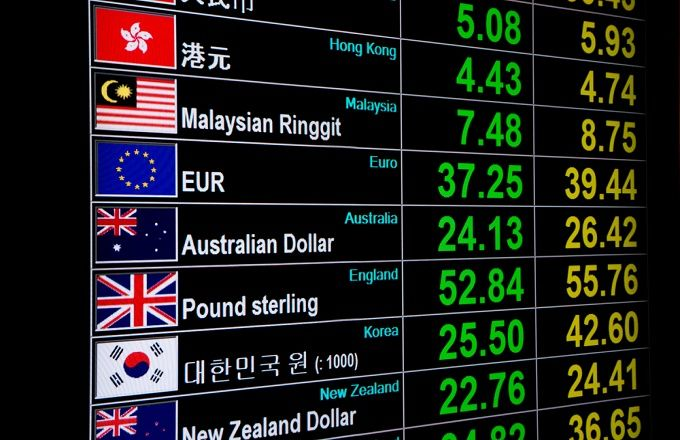
Hedgers – organizations or individuals tasked with managing funds – have become some of the most active participants in the forex market over the past several years. Their increased participation can be attributed to a number of factors, including the increase in forex trading and the rise of hedge funds as investment vehicles.
Hedgers are typically money managers that participate in forex trading on behalf of domestic or international clients. They generally take an offsetting position in a derivative in an attempt to balance both gains and losses to the underlying asset.
These clients may include individual or group investors, pension fund institutions, central banks, and even governments. Some of the most active trades in recent years are, in fact, funded by government-affiliated sovereign wealth funds.
Because hedgers are able to draw from such sizable investment funds, their trading activities are often quite large, as well. Typically running into the hundreds of millions, people using forex trading to hedge their exposure have become a significant force in shaping market trends and currency values.
Speculators
Speculators are responsible for a fairly small – but nevertheless significant – segment of forex trading activities. Although forex trades constitute only a small part of what speculators do, these trades are made more significant by the fact that they are undertaken by banks, hedge funds, and other financial institutions.
Speculators in Forex trading are primarily focused on making a profit. This goal is typically achieved via the time-honored business strategy of buying low and selling high.
Large commercial banks and other financial institutions may also merge together as an interbank market. These are among the biggest participants in the forex market, with their activities determining currency bid and ask prices. Interbank markets do not actually have a physical trading floor. Instead, participating banks trade directly with each other or utilize electronic brokerage systems.
Is Forex Trading Regulated?
The size and scope of the forex market has brought about some unique challenges, one of which is the difficulty of regulating such a large, over-the-counter (or OTC) market, that is global in its nature. .
Nevertheless, some government and independent organizations have taken on the gargantuan task. Although there is currently no centralized exchange that governs forex trading, regulatory agencies do exist in some countries.
In the United States for example, the forex market is regulated by the National Futures Association (NFA) and the Commodities Futures Trading Commission (CFTC). In the United Kingdom, forex trading is regulated by the Financial Conduct Authority (FCA).
In Australia, the regulatory body for forex trading is the Australian Securities and Investments Commission (ASIC). In Japan, the task falls on the Financial Services Agency (FSA), while in Canada, forex trade is regulated by the Investment Industry Regulatory Organization of Canada (IIROC).
In addition, US banks that trade in FX are also subject to strict regulation from the US Federal Reserve and the Treasury Department.
Basically put, forex trading means you’re buying one currency and selling a different one. It takes a keen eye for patterns and extensive research to become a successful forex trader. Your ability to actively speculate the direction of various currencies will largely impact your both your profits and losses. Want to know more about forex trading? If so, contact Forest Park FX today.
